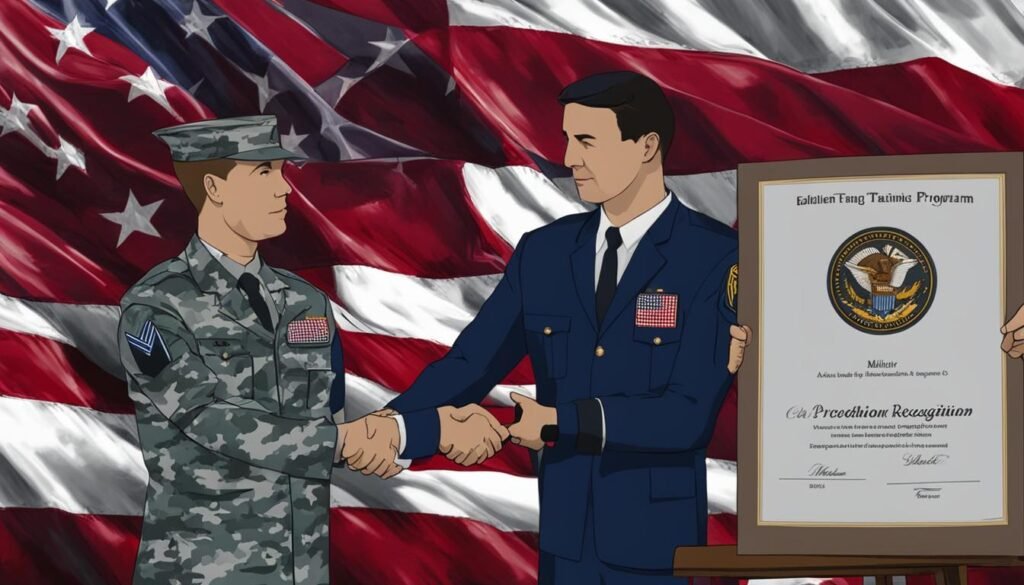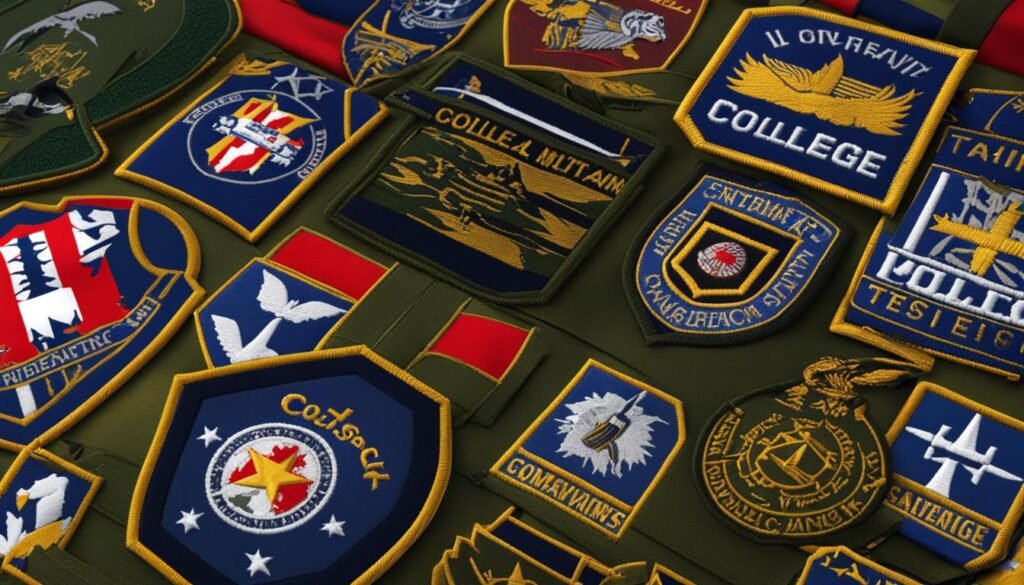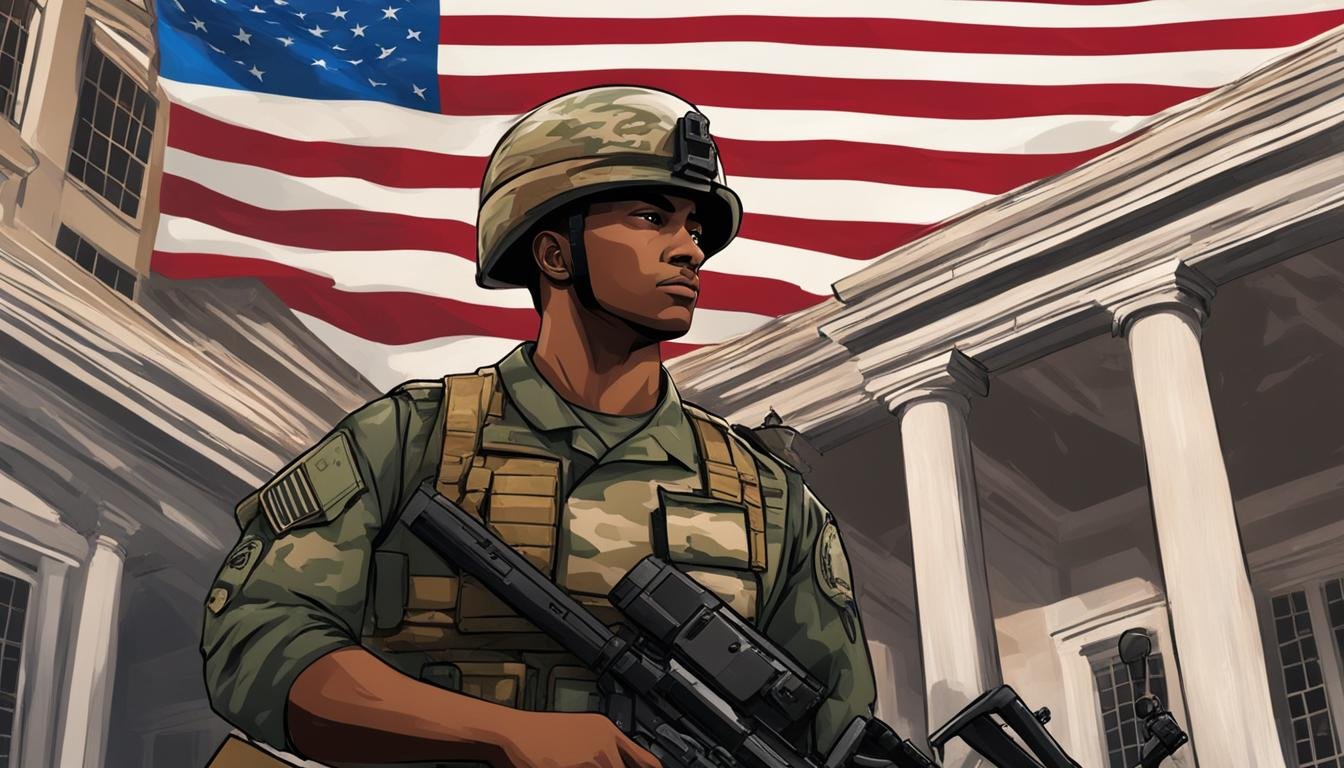In today’s article, we will delve into the importance of advocating for military training recognition in college programs, as well as the challenges and potential solutions surrounding this issue. The recognition of military training and experience in higher education plays a crucial role in supporting our military veterans and their pursuit of postsecondary education.
Student veterans often rely on information from both military- and campus-based resources when selecting an institution. The opportunity for their military learning to be acknowledged and valued heavily influences their choice of college or university, particularly for students of color. It is essential to understand the experiences and perceptions of student veterans as they navigate the process of gaining recognition for their military-based learning.
About 80% of student veterans attempt to receive credit for their military training, but the individual experiences and outcomes vary significantly. While most student veterans do receive some form of postsecondary credit, it frequently falls short of their expectations. The recognition of military learning not only affects their academic experience but also impacts their time to degree completion.
As we explore this topic, we will also examine the importance of recognizing military training in college programs. The American Council of Trustees and Alumni (ACTA) strongly advocates for this recognition, as it supports student veterans in pursuing their education and training after their service. ACTA has been actively urging prestigious institutions like Harvard, Yale, Columbia, and Stanford to recognize ROTC (Reserve Officers’ Training Corps) within their campuses, which can lead to increased interest and participation in the program.
Recognizing military training does not impede students’ rights to protest or raise concerns about discriminatory policies. However, the military’s policies regarding transgender individuals present potential challenges to the recognition of ROTC by universities.
Key Takeaways:
- Advocating for military training recognition in college programs is essential for supporting student veterans in their pursuit of education.
- The experiences and outcomes of student veterans seeking recognition for their military learning vary significantly.
- Recognition of military learning affects student veterans’ academic experience and time to degree completion.
- ACTA advocates for the recognition of military training in prestigious institutions like Harvard, Yale, Columbia, and Stanford.
- The military’s policies regarding transgender individuals can pose challenges to the recognition of ROTC by universities.
Importance of Recognizing Military Training in College Programs

Recognizing military training in college programs is of utmost importance in supporting the education and future career opportunities of student veterans. One organization that advocates for this recognition is the American Council of Trustees and Alumni (ACTA). By acknowledging the value of military training, colleges can provide opportunities for these individuals to pursue postsecondary education and training after their service.
To highlight the significance of recognizing military training, ACTA has urged prestigious institutions such as Harvard, Yale, Columbia, and Stanford to formally recognize ROTC (Reserve Officers’ Training Corps) in their programs. The recognition and publicity of ROTC can foster greater interest and participation in the program among student veterans.
However, the recognition of military training in college programs may face challenges due to the military’s policies regarding transgender individuals. Some universities may be hesitant to recognize ROTC if they have concerns about discriminatory policies. It is important to note that recognizing military training does not prevent students from protesting or raising concerns about such policies.
“Recognizing military training in college programs is a vital step in supporting the educational aspirations and career prospects of student veterans. By acknowledging their valuable skills and experiences, colleges can provide a smoother transition from military service to civilian life. Institutions must embrace inclusivity and advocate for the recognition of military training to ensure the success and well-being of our student veterans.” – ACTA Spokesperson
The Importance of Recognizing Military Training
Recognizing military training in college programs is essential for several reasons. Firstly, it acknowledges the skills, knowledge, and experiences gained through military service, enabling student veterans to leverage their expertise and apply it to their academic pursuits. Secondly, it demonstrates the commitment of educational institutions to support and honor those who have served their country. Finally, it promotes diversity and inclusivity within college programs by welcoming individuals from different backgrounds and ensuring equal opportunities for all.
The Impact of Recognizing Military Training
The recognition of military training has a profound impact on student veterans. It provides them with a sense of validation and respect for their service, increasing their motivation to succeed academically. Additionally, recognizing military training reduces the duplication of efforts, allowing student veterans to accelerate their progress towards degree completion. By integrating military training into college programs, institutions can bridge the gap between military and civilian life, facilitating a smoother transition for student veterans into the academic environment.
| Benefits of Recognizing Military Training | Challenges of Recognizing Military Training |
|---|---|
|
|
Challenges and Solutions for Recognizing Prior Learning in Work and Military Settings

Recognizing the value of prior learning obtained in military and workplace settings is crucial for supporting military veterans in their transition to postsecondary education and beyond. However, connecting this learning to formal education and obtaining academic credit can present challenges. Equivalency of learning does not always guarantee successful portability across different settings, and learners may require additional support to continue their education in college or other environments.
Transparency and incentives play a significant role in optimizing the transfer of learning. By providing clear guidelines and expectations, educational institutions can better evaluate military and workplace training and offer appropriate credit. Additionally, offering incentives such as tuition reimbursement or scholarships for veterans can motivate individuals to pursue higher education and further validate the importance of recognizing their prior learning.
Technology can also play a crucial role in streamlining the evaluation process for credit recognition. The use of artificial intelligence and data analysis can help institutions efficiently review and assess the learning outcomes achieved through military and workplace training. This technological advancement can help ensure a fair evaluation process and expedite the recognition of credit.
The Importance of Balancing Speed, Diversity, and Quality
When recognizing prior learning, it is essential to strike a balance between speed, diversity, and quality. Institutions must aim for a timely evaluation process to avoid unnecessary delays in the academic progression of student veterans. However, speed should not compromise the diversity of learning experiences that individuals bring from their military and workplace backgrounds.
Ensuring quality assurance in the recognition of prior learning is equally important. Institutions must establish rigorous evaluation criteria to maintain standards and ensure that recognized credit reflects the knowledge and skills acquired. This way, military veterans can confidently apply their prior learning towards their higher education journey, enhancing their academic experience and career opportunities.
| Challenges | Solutions |
|---|---|
| Lack of standardized evaluation criteria | Develop clear guidelines and expectations for assessing military and workplace training to ensure consistency in credit recognition. |
| Difficulty in translating learning outcomes across settings | Provide support services and resources to help military veterans connect their prior learning to the academic environment. |
| Inefficient evaluation processes | Utilize technology, such as artificial intelligence and data analysis, to streamline the evaluation process and expedite credit recognition. |
| Recognition of credit not meeting veterans’ expectations | Establish clear communication channels between veterans and institutions to manage expectations and ensure accurate credit evaluation. |
Recognizing the prior learning of military veterans in college programs requires ongoing collaboration and improvement. By addressing these challenges and implementing effective solutions, educational institutions can better support military veterans’ education and facilitate their successful transition to civilian life.
How Can We Overcome Challenges in Getting Military Training Recognized in College Programs?
Many military veterans face military training recognition challenges when trying to have their experience recognized in college programs. To overcome this, colleges should provide a clear pathway for veterans to receive credit for their military training. By partnering with military organizations, colleges can ensure that veterans receive the recognition they deserve for their service.
Conclusion
Recognizing military training in college programs is crucial for supporting the education and career opportunities of student veterans. However, there is a clear need for improved processes and practices to meet the specific needs of these individuals and ensure their military learning is properly recognized.
Transparency is an essential element in the recognition of military training. Clear information about the evaluation process and the credit awarded can help student veterans make informed decisions when choosing an institution. Incentives, such as financial support or scholarships, can also encourage colleges to actively support the recognition of military learning.
Technology can play a significant role in improving the recognition of prior learning. The use of artificial intelligence and data analysis can streamline the evaluation process, making it more efficient and accurate. This technological advancement can help bridge the gap between military and academic environments, ensuring a smoother transition for student veterans.
It is crucial to strike a balance between the speed of recognizing learning, the diversity of learning experiences, and the quality of recognition. By doing so, we can ensure that every student veteran receives the credit they deserve for their military training while maintaining the standards of higher education.



